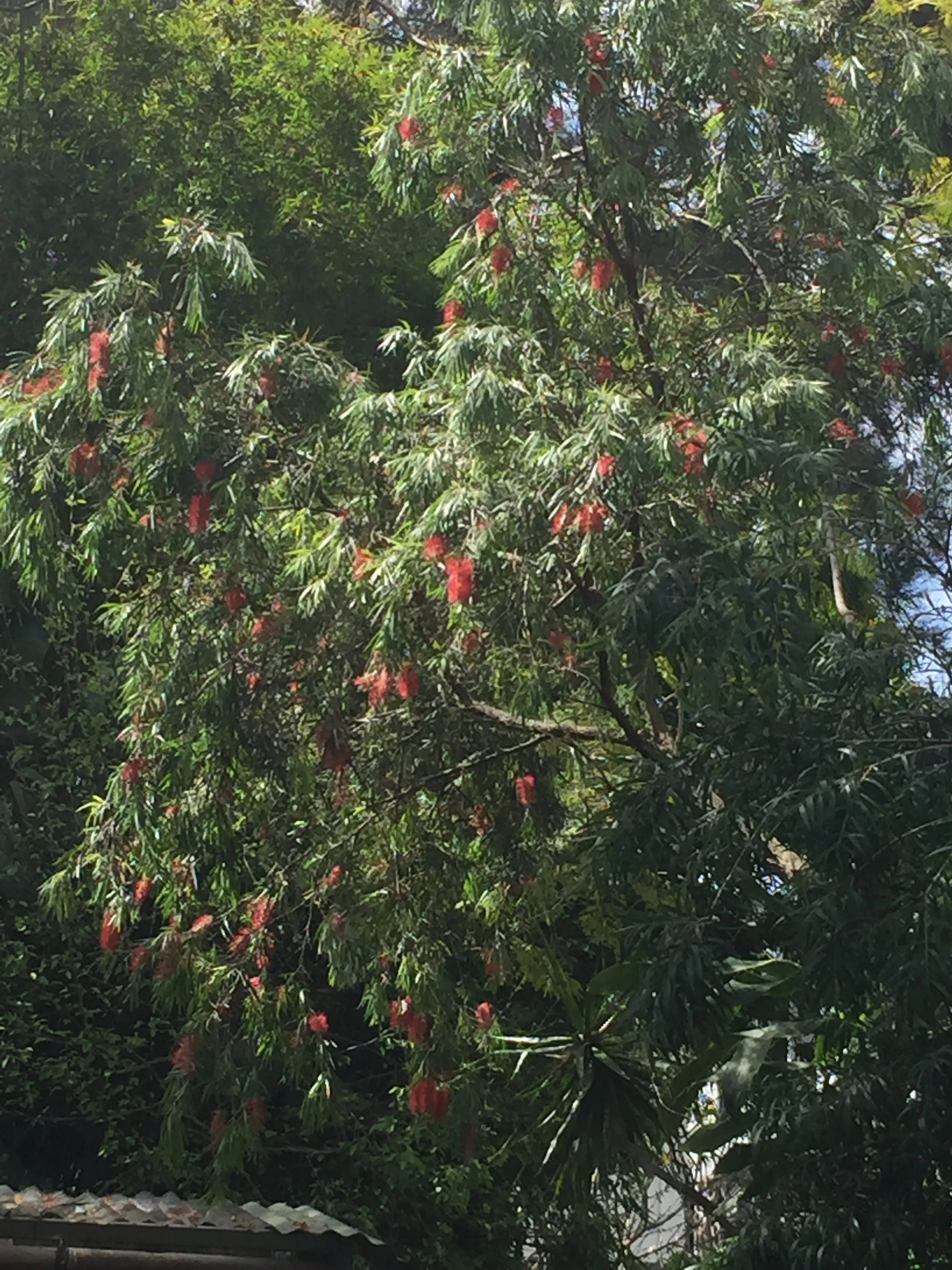This guest blog is by a couple of farmers out in western New South Wales, Helen Lynch and Bronwyn Richards.
Their website says:
“Wynlen House is a small village farm, on a large suburban block in the village of Braidwood, NSW, following the age-old tradition of growing food to be consumed locally. We grow vegetables and raise sheep, poultry and pigs for food. Our farm is run as a permaculture or poly-culture mixed farm and we practice organic, regenerative and sustainable food production.“
• What’s a farm without a couple of pigs and a human?
The drought is everywhere, inescapable for those trying to produce food from dry, parched land. It is challenging conventional farming and sustainable, regenerative farming alike.
My partner and I are not conventional farmers. We have a market garden and small mixed urban farm and learning centre in the village of Braidwood NSW. We farm almost in suburbia. Our farm is tiny by usual farming standards but we grow and sell our vegetables, eggs and table poultry using techniques that build the soil, protect and foster biodiversity and provide our farm animals with a high standard of living.
We aim to leave the land in better shape than we found it and to use its bounty gratefully and gracefully to make a living, eat well and be more self sufficient and less dependent on the conventional offerings of modern consumer focused society. We grow, sell and eat entirely seasonally, locally, and have come to love that.
But the drought is challenging everything.
We see our regenerative, sustainable cattle farming friends suffer as drought heads into its third year. They have generally done better than most, selling off livestock early, breeding less animals, protecting their land above all else as drought conditions worsen. But this has meant loss of income. If you are not continually raising and selling livestock you are not making money. They are going without and their poverty affects everyone in the villages and towns nearby where they used to spend their money and eventually it will affect the cities as the cost of top quality Australian grown food increases.
Our small organic, sustainable urban farm is suffering too. Right now insect infestations are rife as drought, unusual weather and unstable seasons, overheated days and cold dry nights advantage pests above their predators. Aphids trump ladybirds in the market garden and the lettuce crop is ruined. Whole crops are lost and we have to grapple with new organic pest management strategies that require far more time, effort and cost than ever before. Our 10 hour days have become 12 hour days. We spend hours carting water and work far into the night to irrigate our vegetables. All of it is really depressing.
So what can you do? We can all remember that there is no such thing as cheap food. Someone, somewhere is bearing the real cost. Cheap meat is only achieved by the suffering of farm animals, cheap vegetables by the degradation of the soil and the labour that works it. Today large scale industrial agriculture is hugely supported by apocalyptic tax breaks and massive subsidies in the guise, for example, of research and development. You and I are already paying the price. The drought is just making it worse.
• “Let’s have a look down yonder . . . “
The best “fix” is the satisfaction of doing it yourself. Grow food wherever you can. What you can grow in a balcony pot, on verges and in handkerchief sized backyards will surprise you - and it will have flavour! Buy locally grown food where possible. Support your local farmers through farmers markets and by buying strategically - buy Australian, buy local and seasonal.
But most of all, go for a drive in rural NSW and see for yourself.
Spend some money there.
Some spring rain has fallen in parts (so little) but it is a green drought that will be brown and dry again all too soon unless real rain falls.
Helen Lynch and Bronwyn Richards, October 2019.
Wynlen House Slow Food Farm
@wynlenhouse on Facebook
@wynlenhouse on Twitter
Editor’s note: Some things to do in and around Braidwood NSW:
Visitors can tour or “experience” the Wynlen House farm from their website, above, Airbnb Experiences or Trip Advisor:
On farm and online workshops and farm shop:
https://www.wynlenhouse.com/learn.htmlhttps://www.wynlenhouse.com/store/c5/onlineworkshops
There are many places to stay in Braidwood. Just google it.



